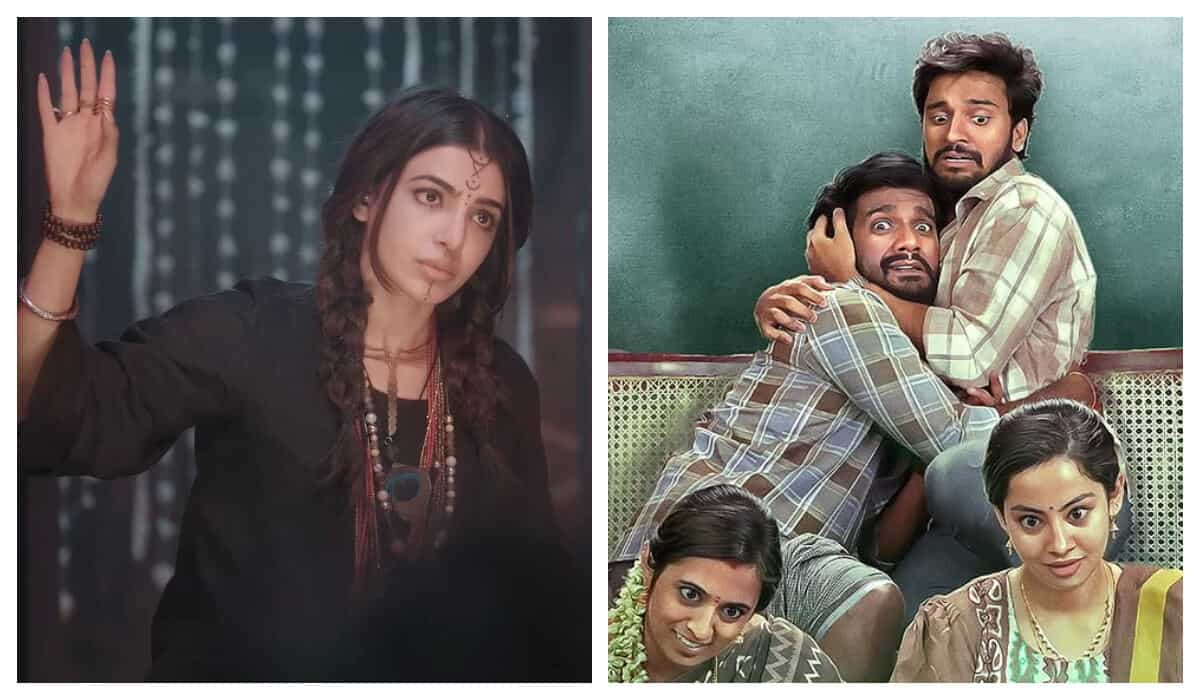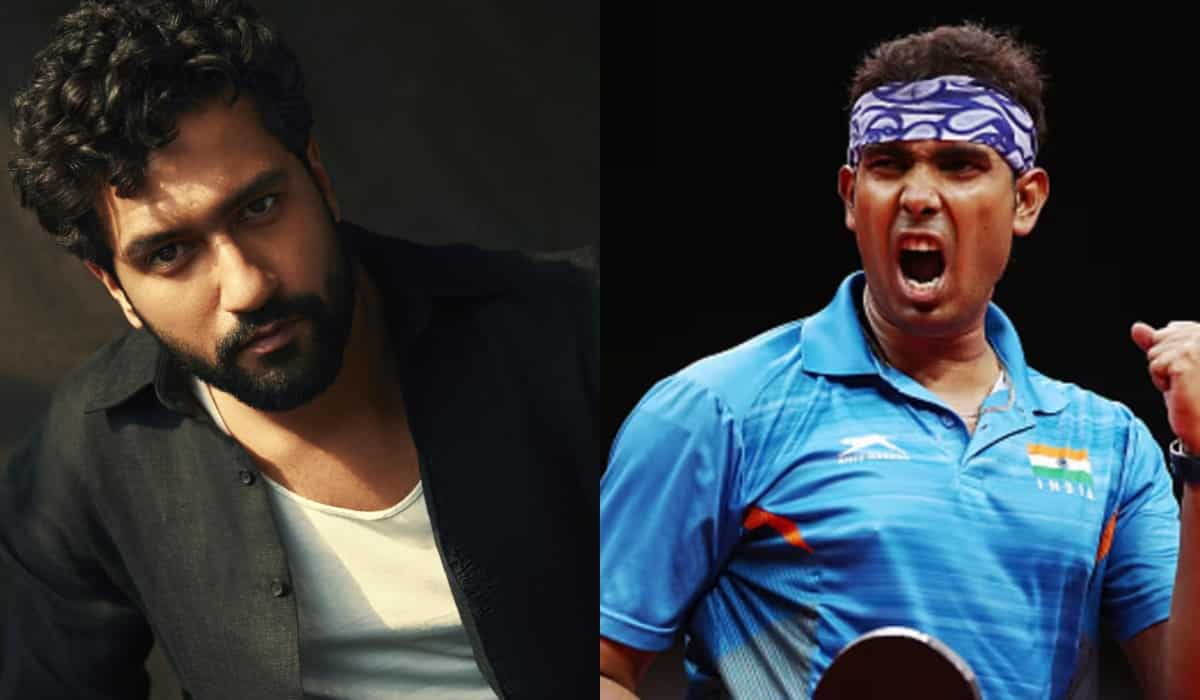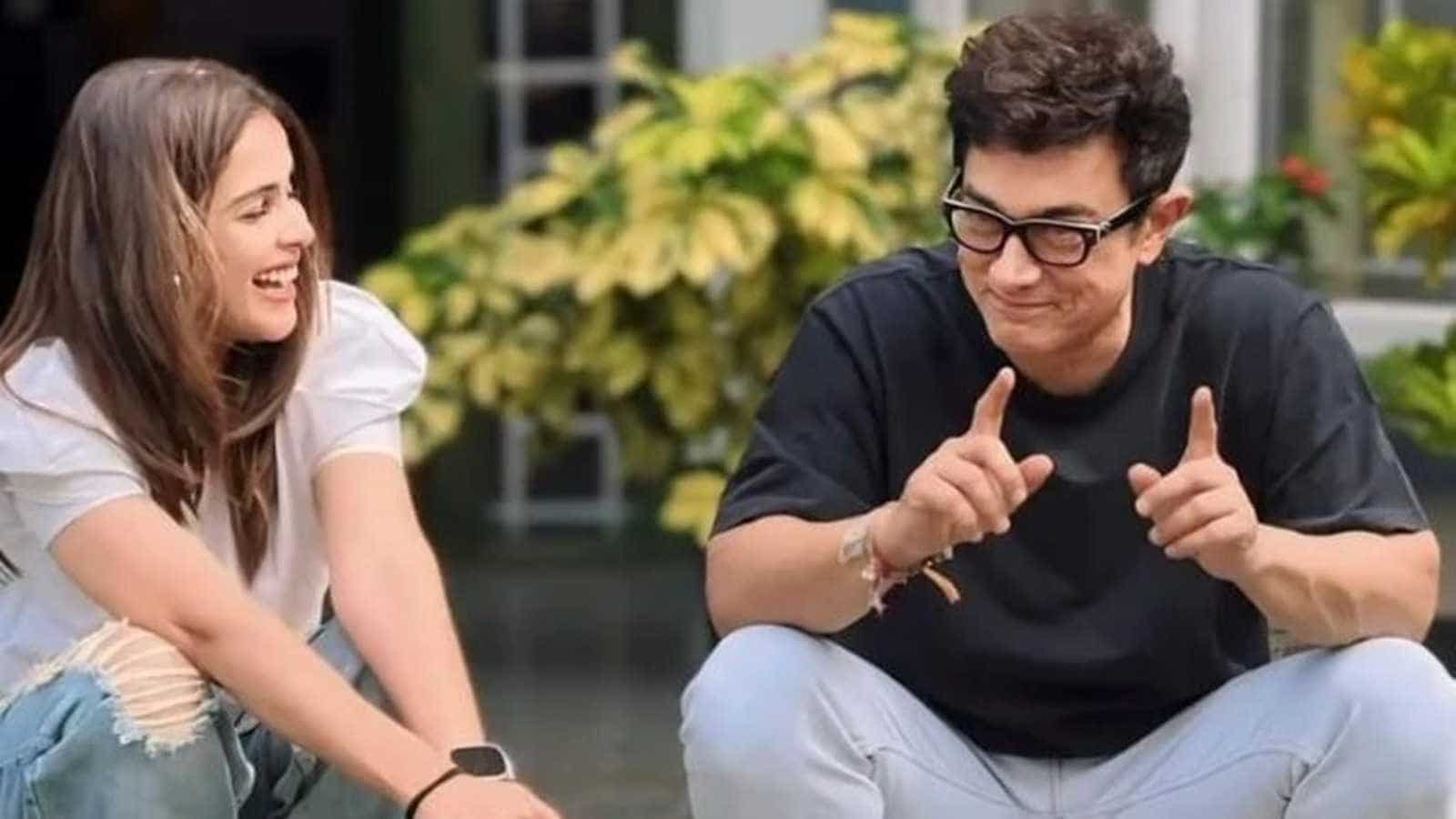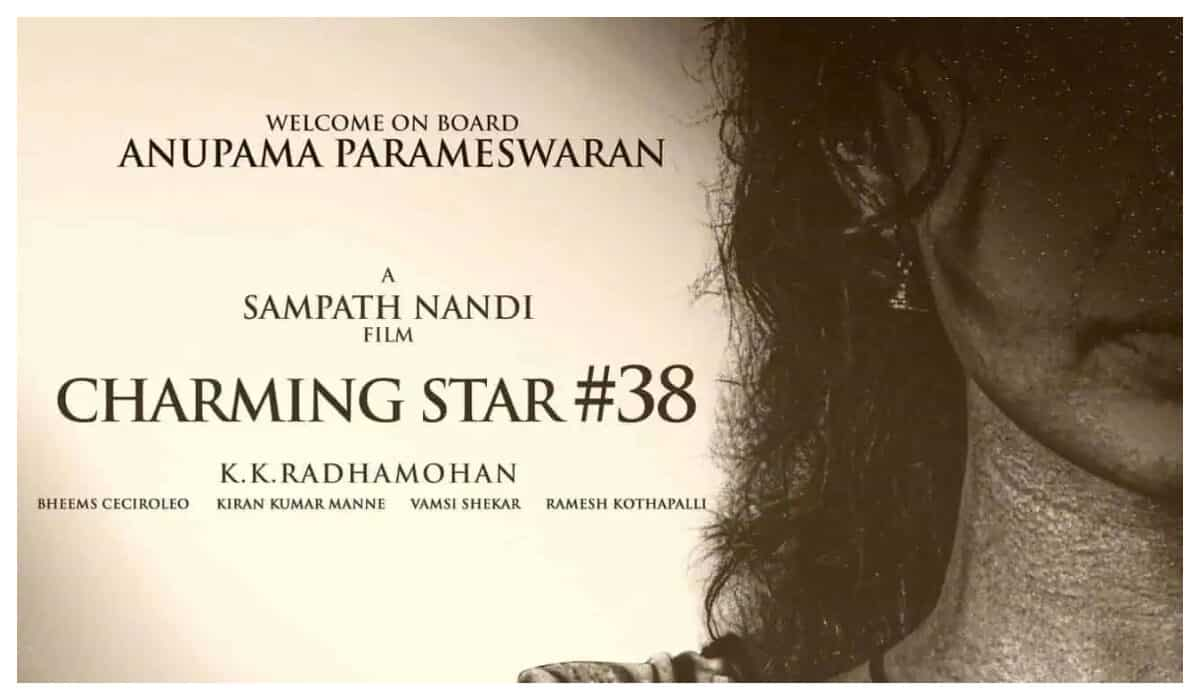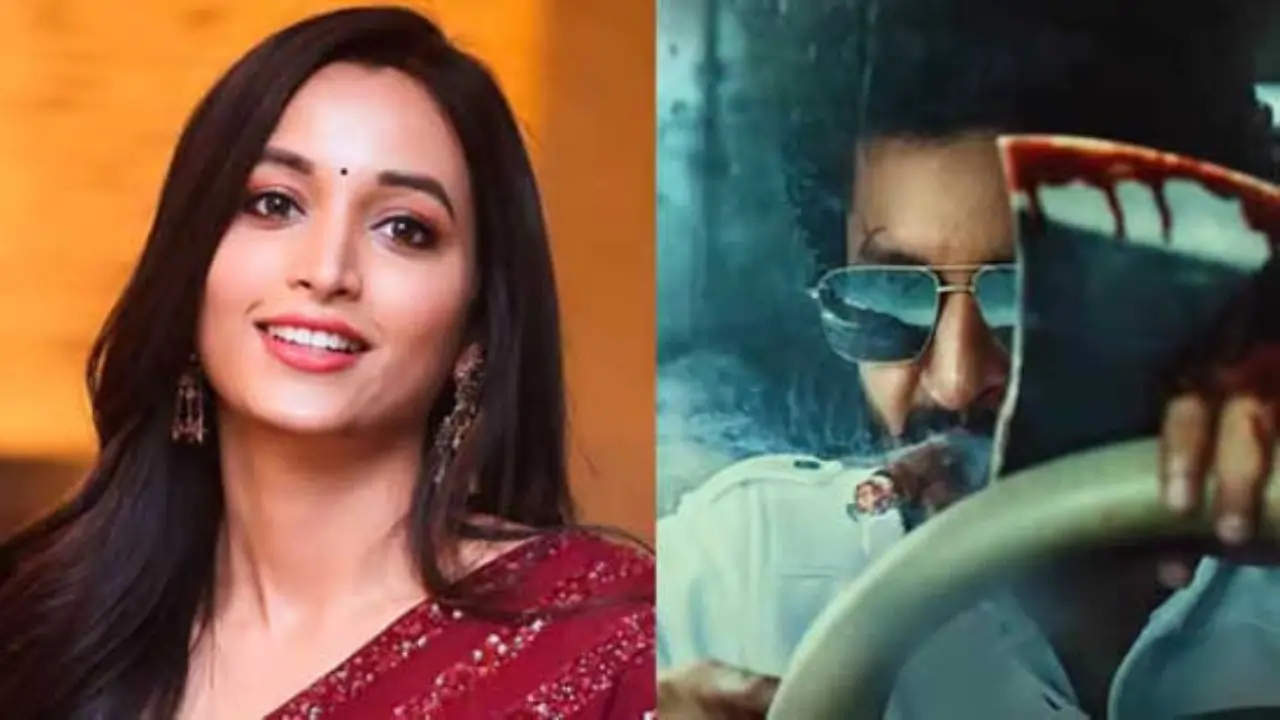
A win for women: How Indian sports are becoming more inclusive
6 months ago | 5 Views
What a year it’s been for women in sports! Manu Bhaker became the first Indian woman to win an Olympic shooting medal, a Bronze, at the Paris 2024 Olympics. Then, cool as you please, she created history by becoming the first Indian, of any gender, to win two medals at a single edition of the Olympics with her joint 10m air pistol Bronze with Sarabjot Singh.
The Paris Olympics have been the most gender-equal in history (and 40% of the commentators were women). India’s own contingent had 47 women among the 117 athletes. Around the world, organisations are working towards granting women equal pay and the same prize money as the men, plus, maternity leave, safer travel and facilities. In June, the Denmark Euro 2024 men’s squad showed the world what support looks like: They refused a pay rise to ensure that their women counterparts got equal, basic pay. Those creepy online lists of Hottest Women In Sport? Even they now include diverse body types.
We’ve started counting women’s contributions in new ways too. One report by Deloitte estimates that women’s elite sport will generate global revenues of $1.28 billion this year, finally crossing the $1 billion mark. In football, the most lucrative and widely followed sport globally, there’s change at the top. By 2026, each of FIFA’s 211 member associations will have at least one woman on their executive committee.
So, what’s it like to be a woman in sport in India, where so much has changed and yet so little? Hear it from three champs in three widely different fields.

“People say they didn’t think a girl could race. I ask, ‘Why not?’”
Pragathi Gowda, 26; Rally driver
PV Sindhu, Saina Nehwal, Mary Kom, Vinesh Phogat and Manu Bhaker are the top names in their sports. Professional rally driver Pragathi Gowda hopes she’s next. But first, she must get India interested rally driving. It’s racing, but with a twist. Competitors don’t run directly against each other, but compete in a point-to-point format, leaving at regular intervals from different start points. Each participant must reach a set point on the track at a certain time. Navigation trumps speeding. It’s a test of patience and technique.
Gowda didn’t know any of this growing up. But she knew she adored driving. In college in Bengaluru, she’d bunk class and go off for long solo drives in her Volkswagen Polo. “I shouldn’t be saying this, but I started off with street racing,” she admits. A friend sent her an Instagram post one day that asked ‘Are you a fast driver? Want to be a racer?’ It was for an Autocross, a a short, timed event on a dirt or grass course. Gowda gave it a shot and came first. She was 22.
She started racing professionally shortly after, starting off in that trusty Polo, but moving up to pro-level vehicles. Turns out, speeding for fun isn’t at all the same as racing professionally. She had to perfect her left-foot braking, learn to throw a car round a corner, even tweak seating positions. Luckily, her family cheered her on.
But when her brother passed away in a motorcycle accident in 2019, her parents withdrew. Overnight, they said that rallying was dangerous. They roped in cousins to talk her out of it. It had the opposite effect. “This is what he wanted me to do,” Gowda says, speaking of her brother. “I didn’t want to sit at home and cry.” So, she’d sneak out on the sly. “I’d say I was going on a trip, but compete in rallies. I’d give my trophies my friend and say, ‘Keep this for now’.”
By the end of 2022, her parents relented. Their support helps, because things are uniquely tough for women rally drivers. When she makes a mistake, men come up to her just to embarrass her, the way they don’t for other men. “I’m sure when men started driving, they weren’t this aggressive or this confident,” she points out. “Don’t tell women we can’t do something. The moment you say that, it kills their confidence. It has to stop.”
Four years into the sport, however, Gowda has found that things are changing. “Fans travel almost 200 km and stand for hours to watch me drive by in 5-10 seconds,” she says. The Federation of Motorsports Clubs of India, which hosts national rally championships, awards the full cash reward to whoever wins. Sponsors spay equally too. “The sport doesn’t know which gender you are. Even my car doesn’t. All it knows is the command.”
Gowda is a Junior Indian National Rally 2022 champion and winner of the Asia-Pacific Rally Star Cup in 2022. Some men still try to bring her down. “They say ‘This is just your lucky day, your lucky year’ or they ask how long I plan to do this. Gowda just asks them to wait and watch, and drives off.

“Sports is a great equaliser. Skills, discipline and commitment matter, not gender.”
Manika Batra, 29, table tennis champ
Delhi-born Batra picked up table tennis at six, after watching her two older siblings, Anchal and Sahil, play. Even back then, it was clear to everyone that she was born for this. She won a state-level under-8 tournament and aced her way up, leading to three golds at the South Asian Games, two golds at the Commonwealth Games, and a bronze each at the Asian Cup and Asian Games. At the Paris Olympics, she became the first Indian to reach Round 16 of the women’s singles event. But every time she picks up her racquet, she knows she’s playing for women everywhere.
“Boys are taught to handle pressure and assert themselves without hesitation,” she says. “Girls aren’t taught to trust their instincts or believe in their strengths.” Her family is all in, but even then, Batra has had to fill in the blanks herself. “Even as a young girl, I have heard things like ‘She plays well for a girl’, and have always wondered why people can’t just say ‘She plays well’,” she wrote on an Instagram post in August.
She’s turned down modelling offers as a teen, to stay focused on TT. Dropped out of Delhi University to concentrate on the game. “Being a woman in sports has been empowering. I get to inspire others and break stereotypes,” she says. And in interviews, Batra says her idols are boxer Mary Kom and legendary tennis player Serena Williams, both of whom changed the way the world views women in their respective sports. “Weightlifter Mirabai Chanu is proof that Indian women are unstoppable,” she says. “Look at Sheetal Devi, who is 17 and won a Bronze medal in archery at the 2024 Paralympics. The way she handled the pressure is nothing short of inspiring.”
Batra, who was awarded the Rajiv Gandhi Khel Ratna awardee in 2020, hopes that things will be easier for little boys and girls in the future than it has been for her. As with women’s participation in any field, she believes that women’s sports can only advance if investments are made in ground-level facilities for young athletes. “Sports can lead the way in driving social change,” she says. “And men can play a big role in advocating for equal opportunities, whether it’s in training, resources, or recognition. When we support each other, both men and women, it creates a more inclusive environment.”

“Men typically think they can do better. They don’t see the challenges women face.”
Savita, 34, goalkeeper of the India women’s national field hockey team
When the India women’s hockey team was sent to train at the Indian Naval Academy in Kerala, on the agenda were unarmed combat training, endurance runs and boat-pulling. “It was a one-week thing, but it felt like they were stuffing in six months’ worth of workouts,” says Savita. It was all designed with women in mind. “But after the first two days, they changed our schedule because they realised how tough, how strong we are. They told us on the last day that it was difficult for them, too. They said they had to really think about how to challenge us women.”
Staying challenged seems to be how Savita has lived much of her life. She started playing hockey in 2003, two years after her mother was diagnosed with arthritis. She was still in school, but ended up having to cook, clean, take care of the house, and manage lessons and practise in Sirsa, Haryana. She’d have given up. But a coach told her father and grandfather that she’d probably play for India someday, so they kept her motivated.
“My grandfather couldn’t read, but one day he told me that he’d found out his name was in the paper because of me,” she recalls. “It said ‘Ranjit Singh Punia’s granddaughter’. You won’t believe it, but he kept that paper in his cupboard for one year while he learnt to read. And he read it to me, slowly. That day I thought, ‘I’m going to play with all my heart’.”
Still, it wasn’t easy. Savita spent days on end homesick at hockey camps before she learnt to be a team player. “We didn’t go abroad as much, didn’t get to play with other teams as much. There was hardly any exposure,” she recalls. “So, when major tournaments came around – Commonwealth Games, the World Cup, the Asian Games – we just went ahead and played, regardless of experience.”
Things changed for women players after 2008, when Hockey India and the Sports Authority of India (SAI) took over from the Indian Hockey Federation to govern the sport in India. International affiliations opened up, operations were formalised. The SAI centres provide infrastructure facilities such as boarding, sports kits, a stipend, exposure to competitions, education expenses and medical insurance.
“At the Bengaluru SAI centre, you should see the hydrotherapy, swimming pool, steam and sauna,” Savita says. “We have diets customised for athletes. It’s a huge change. Every few months, someone from Hockey India or SAI will ask, ‘What do you need? What can we do so that you can play better?’ That didn’t happen 10 years ago.”
Crucially, both organisations view the men’s and women’s teams equally. “That’s what really motivates us to perform well.”

Passing it on: The best advice they’ve received from women in their field
Pragathi Gowda: “When I came in second at the FIA Rally Star in 2023, I had a call with French racing legend Michèle Mouton. She told me that a racer’s mind is their strongest asset. ‘Train it, stay focused and don’t listen to anything anyone says’ she said. I’m following that.”
Savita Punia: “Former India field hockey player Mamta Kharab told me that I should play as much and as long as I possibly could. She said this to me two years after she’d retired. I was young then, but it made me realise that once I leave the sport, it’s gone.”
Manika Batra: “A senior Chinese table tennis player once told me, ‘It’s not about how fast you react, but how smart you adapt.’ What really sets you apart is how well you can read your opponent’s game and adjust your strategy on the spot. That advice has been a game-changer.”







